Why I quit video games
My name is Adam Graf, former video game player. I used to love video games, but here’s why quitting was one of the best decisions I have ever made.
December 15, 2022
Each night I gamed, I would spend it dominating on Valorant or exploring on Minecraft. I would stumble awake the next morning groggy, but I knew I would do it all over again the next night. One of these mornings, my dad saw my exhausted face and set up restrictions on my computer so I couldn’t play any more. But I was so dependent on these nightly grinds that every time he blocked something, I would find a digital workaround just to play more. My dad, furious at me for disobeying, took away my computer, leaving me with no devices to feed my addiction.
Video game addiction is a growing concern in our society. It can become a detriment to relationships, careers, and overall health. The average gamer spends about anywhere from 3-12 hours a week playing, while for some, gaming can be life. According to Statista, 9% of gamers spend over 24 hours a week on their devices.
Once I got my computer back a month later, to my surprise, I kept it closed. I had no desire to play games. So what changed?
That first month without my beloved video games was unbelievably boring. Unable to fill my time with games, I found myself discovering new hobbies. In that month, I realized that I wanted to spend my time in more productive ways, like focusing on schoolwork and improving at golf since games, in the end, weren’t producing anything of value.
It wasn’t my choice to initially quit. Instead, it was my dad’s. Studies show that it is easier when someone besides yourself is helping you quit video games. In my case, I would have never thought about quitting if it weren’t for my parents looking out for me.
But in the end, it was what came from that break in gaming that truly helped me overcome the habit. I started golfing and became consumed by constantly practicing and trying to improve, and as a result, I thought of video games much less. At first, I was hating every single day not being able to just hop onto my computer and play, but a hobby like golf gave me a chance to distract myself and ultimately grew into my biggest passion.
So how did I truly break this addiction? A key factor was falling in love with golf and finding a direction. It was identifying priorities. For me, finding a direction was easy because I always loved the sport. But what motivated me the most was thinking about the bigger picture as well as the long term goals, like joining the Varsity team.
If you can identify your addiction to something unhealthy, it may actually open doors to better things.
I’ve seen so many benefits from quitting gaming. The first thing I noticed was that I had a better motivation to do schoolwork and workout at the gym. I was overall a lot happier than I was when I played video games, especially on the golf course. I no longer needed to play video games to feel pleasure because my body started to release enough dopamine through other activities. After a while I started noticing the social aspect of my life dramatically changing. For the first time in years I was finally seeing friends not just on my computer screen, but meeting up with them in real life.
Quitting cold turkey was the best option in my case, but can simply cutting the time you spend gaming have the same benefits? Yes, simply reducing your screen time will give you many of the benefits such as improving physical and mental health. But in my opinion, why continue your dependence when you can work towards quitting?
Breaking away from a habit can be tough. Video games have been pulling me down for a majority of my life so quitting full force is what helped me.





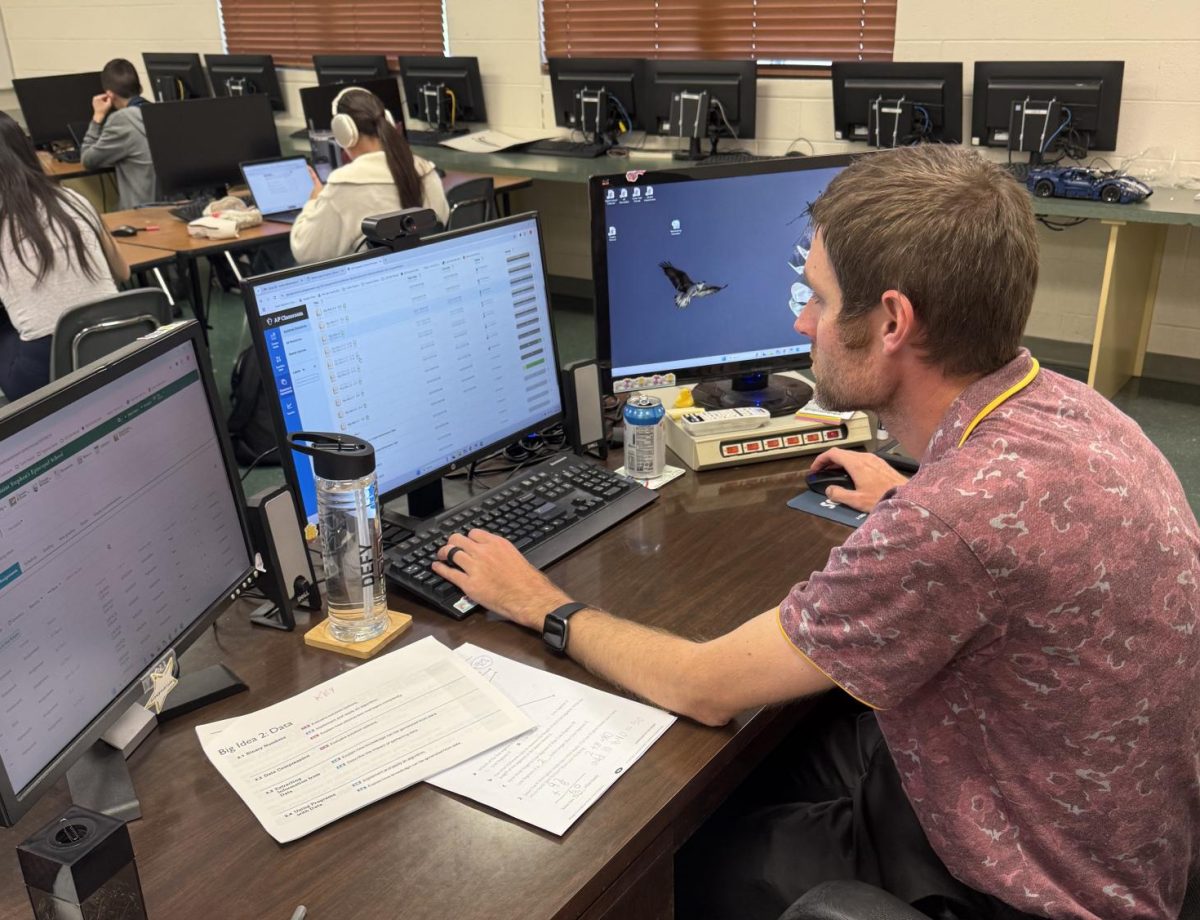









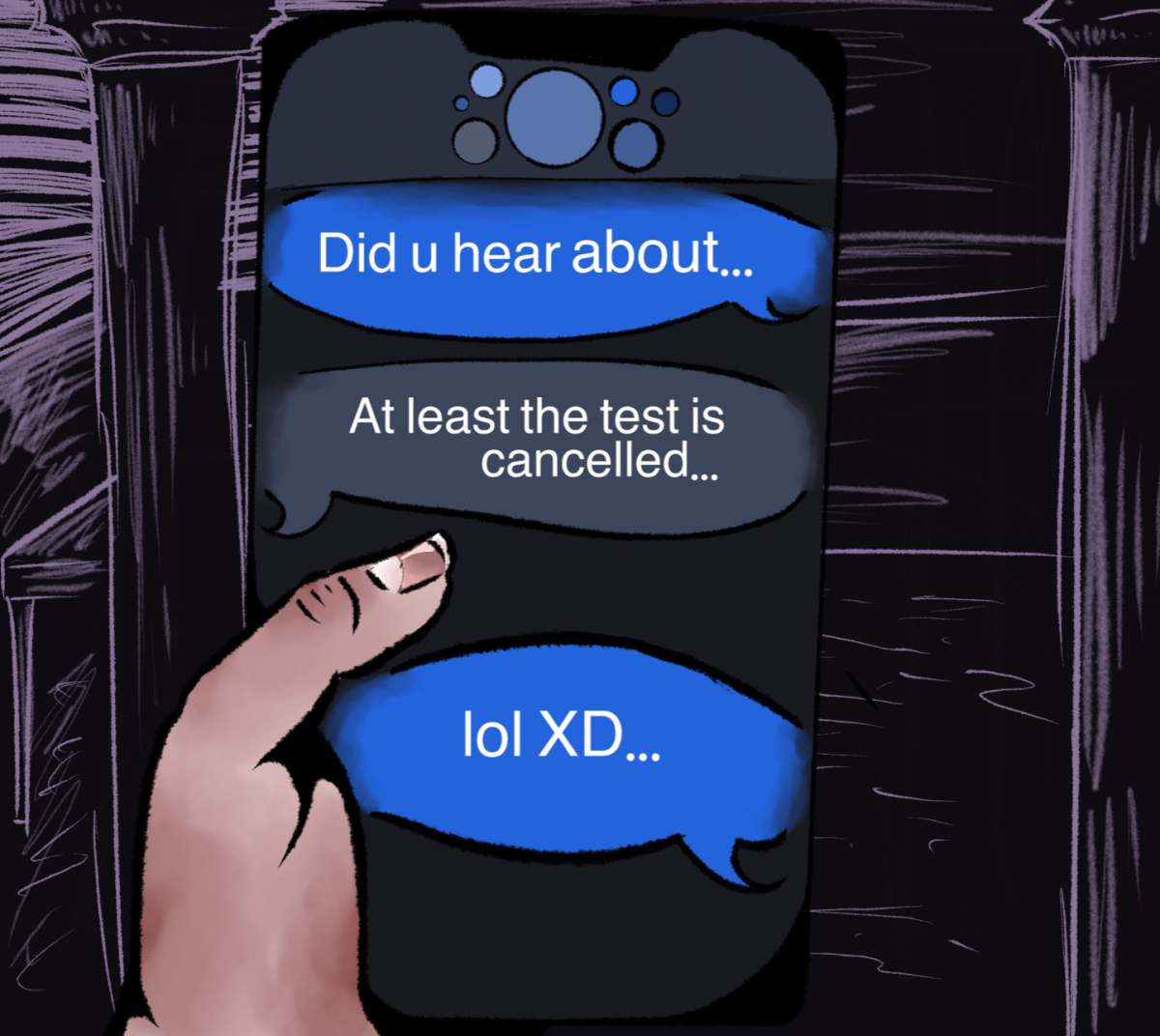

























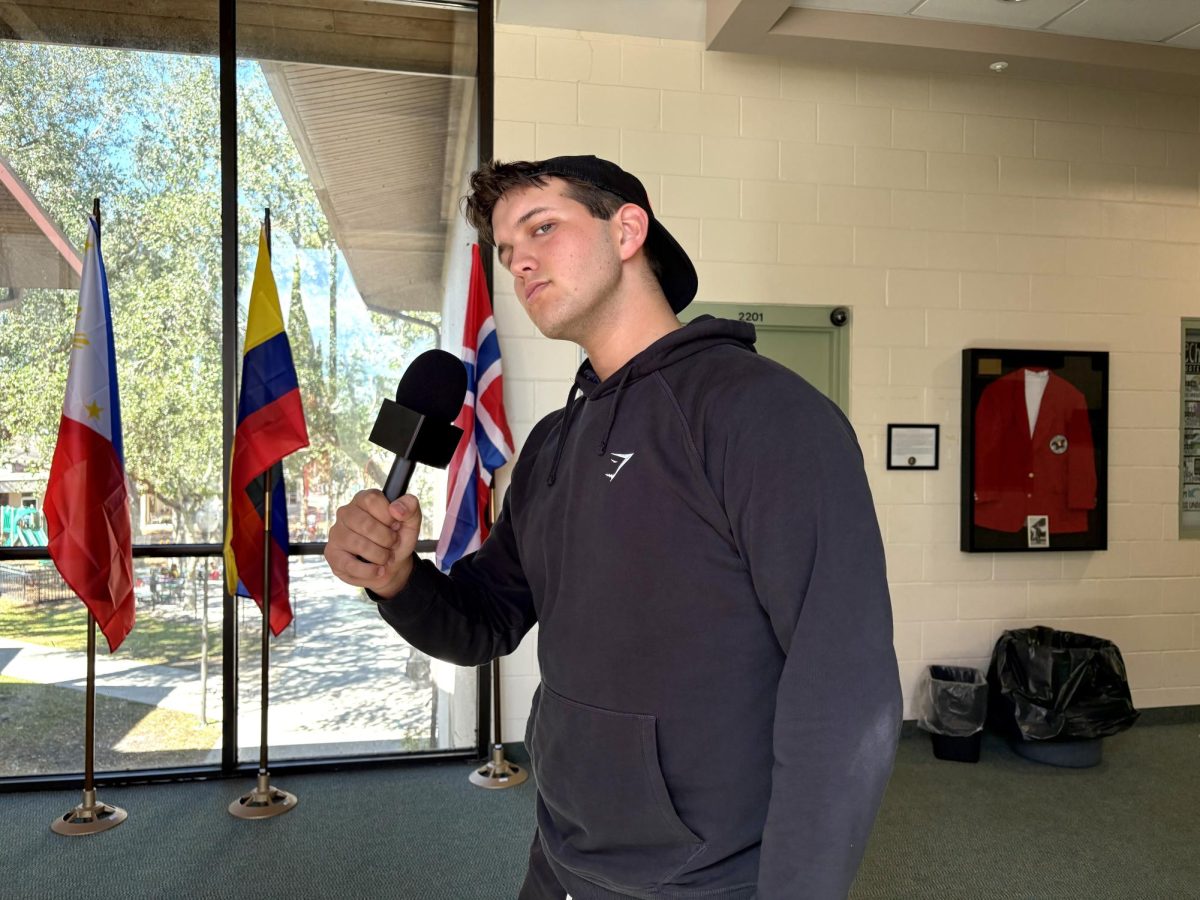




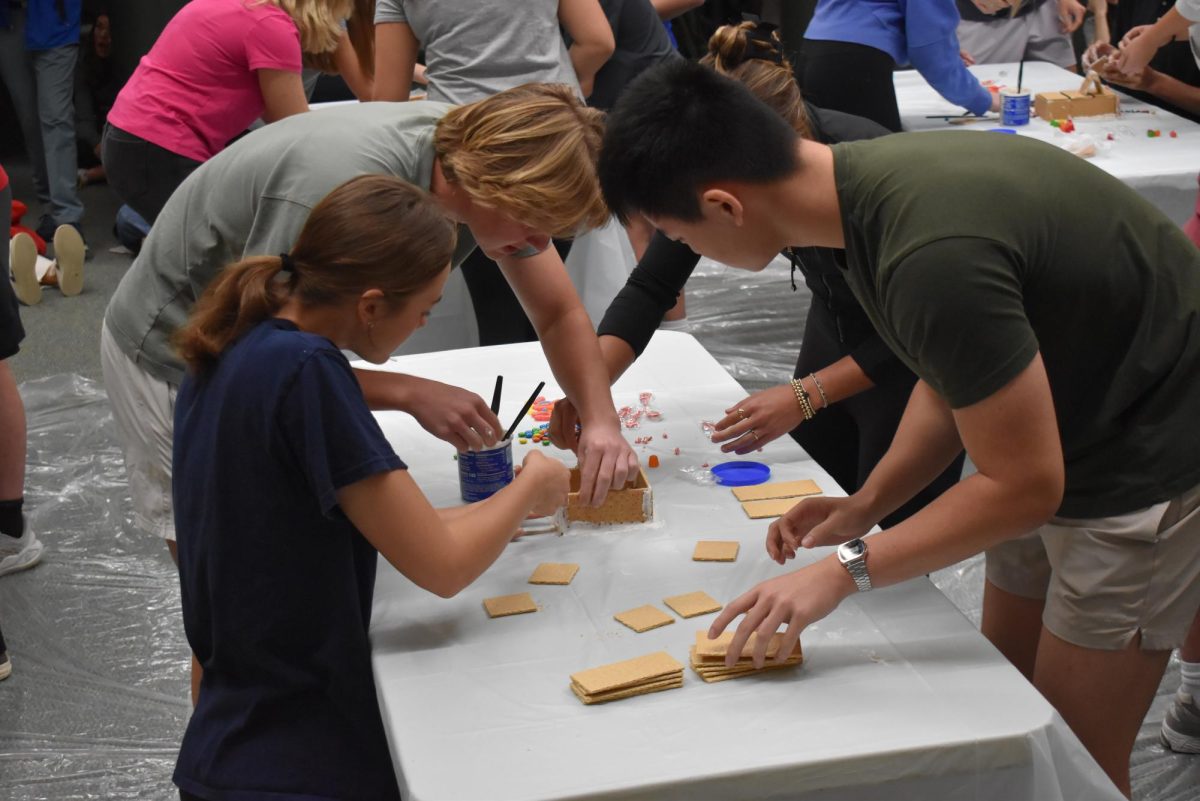

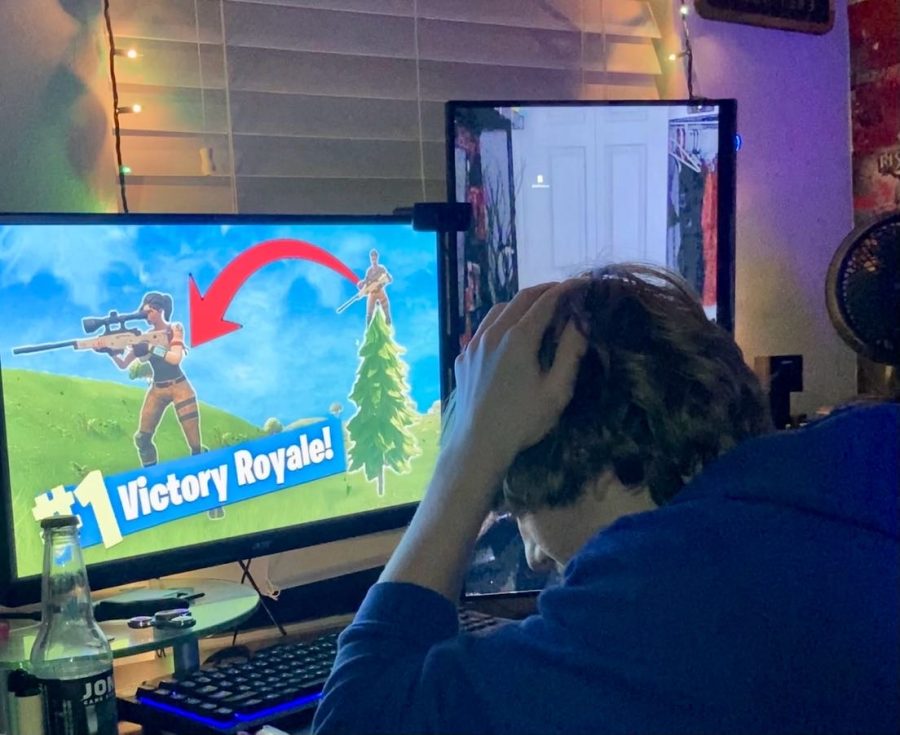


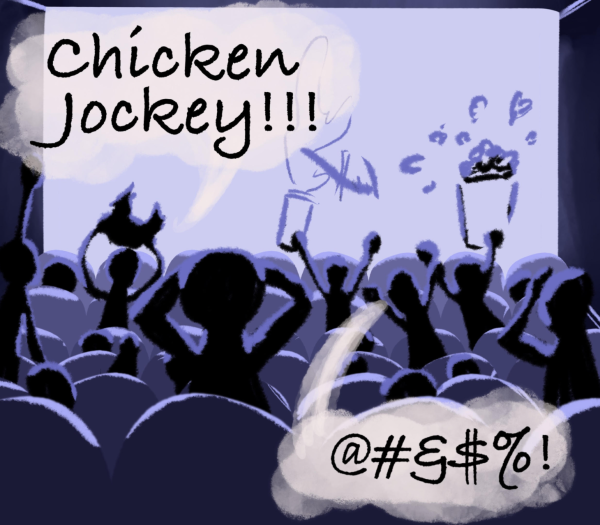







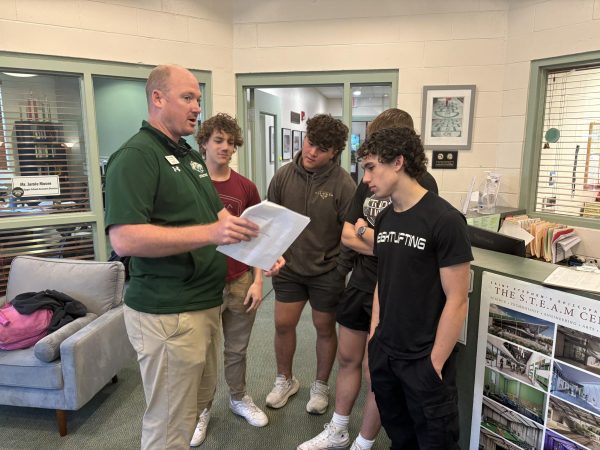
Jonny Sins • Dec 15, 2022 at 8:58 pm
Im your biggest fan
Minecraft Steve • Dec 18, 2022 at 7:43 pm
I’m your biggest fan